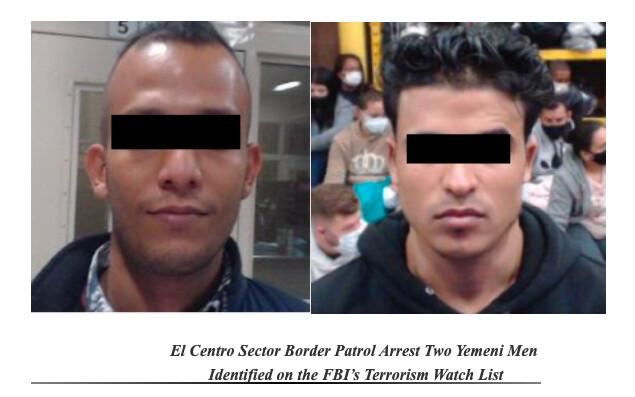Within the past two months, Border Patrol agents have apprehended two Yemeni men who are on the FBI’s Terrorism Watch List and the No-Fly list, according to Customs and Border Protection (CBP).
Both men were arrested in separate incidents after crossing the border illegally just west of the Calexico Port of Entry in California.





